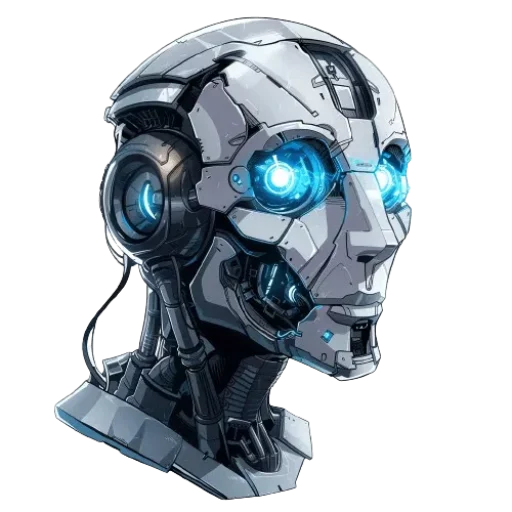Key findings
Generative artificial intelligence (GenAI) is not set to transform blue-collar jobs like Correctional Officers and Jailers.
In fact, these workers may even see an increase in demand due to the rise in premium goods and services.
GenAI’s limitations in performing physical tasks mean that blue-collar workers are shielded from major disruption.
While some skills may be automated in the future, tasks requiring reading comprehension, critical thinking, and complex problem solving will likely remain in the hands of human workers.
Automation may streamline certain aspects of the job, but the core responsibilities that rely on human judgment and social interaction will continue to be essential.
How could AI or automation replace or complement job activities?
Artificial intelligence, automation, or LLMs like Chatgpt could potentially assist in certain tasks of overseeing inmates, such as monitoring conduct, recording information, and managing schedules.
However, the complex nature of Correctional Officers and Jailers’ duties, which involve physical interactions, crisis management, and decision-making, presents challenges for complete automation.
For instance, AI could help in maintaining records, but tasks like conducting shakedowns or resolving disputes require human judgment and empathy.
Job description
Guarding inmates in prisons or rehabilitation centers, following rules and procedures. They may also guard prisoners while they are being moved between different locations like jails, courtrooms, or prisons. This job is mainly done by deputy sheriffs and police officers who spend most of their time watching over prisoners in correctional facilities.



0 Comments